37 Births in 30 Days
By Kinya Kaunjuga

She was the chief’s 14th wife. The child she was carrying was betrothed to a distant village to unite two clans and make them a powerful force in land and cattle possession. The stakes were high. This delivery needed to be perfect.
The chief was one of those who had ordered Lemontoi Leonard Loontaye’s return so that mothers and children in the 30 Maasai villages around Naikarra could be treated by one of their own.
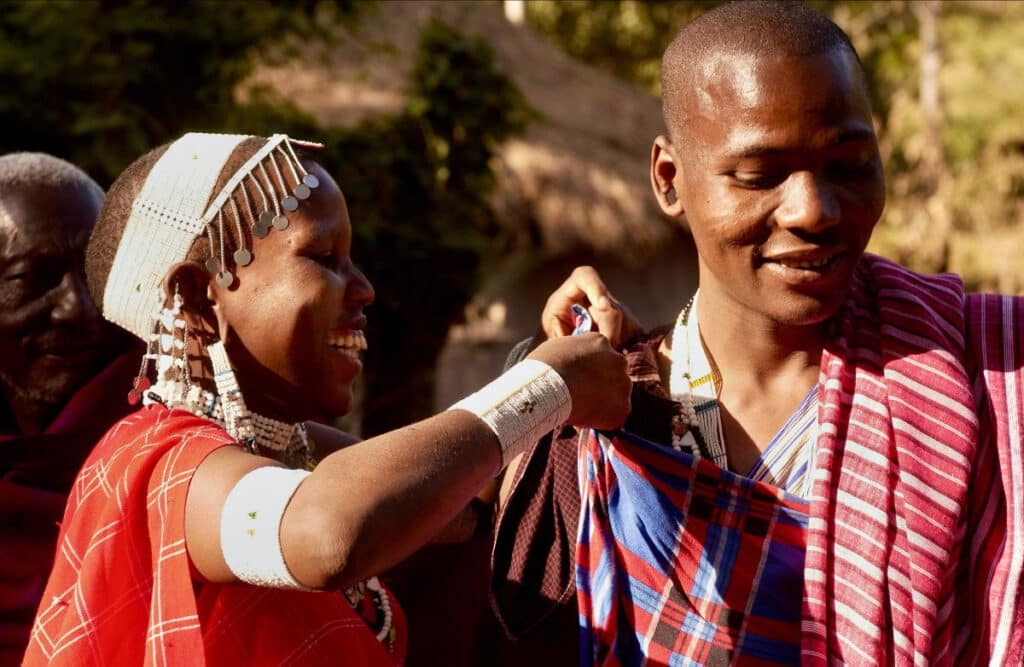
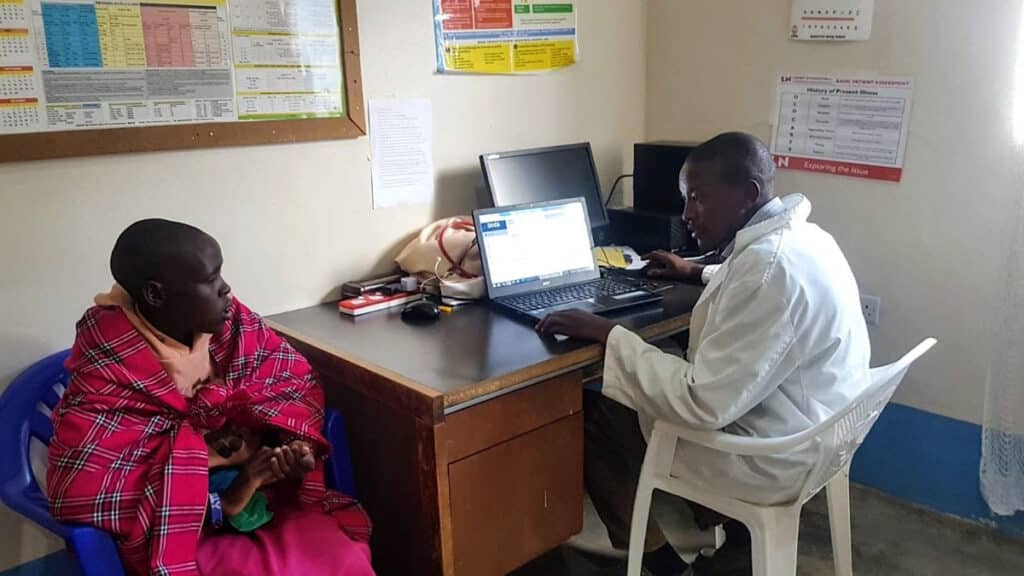
News that a chief had entrusted the birth of his child to scientific medicine was spreading like wildfire and would confirm the flourishing health of Maasai mothers and children being treated at Naikarra Medical Clinic.
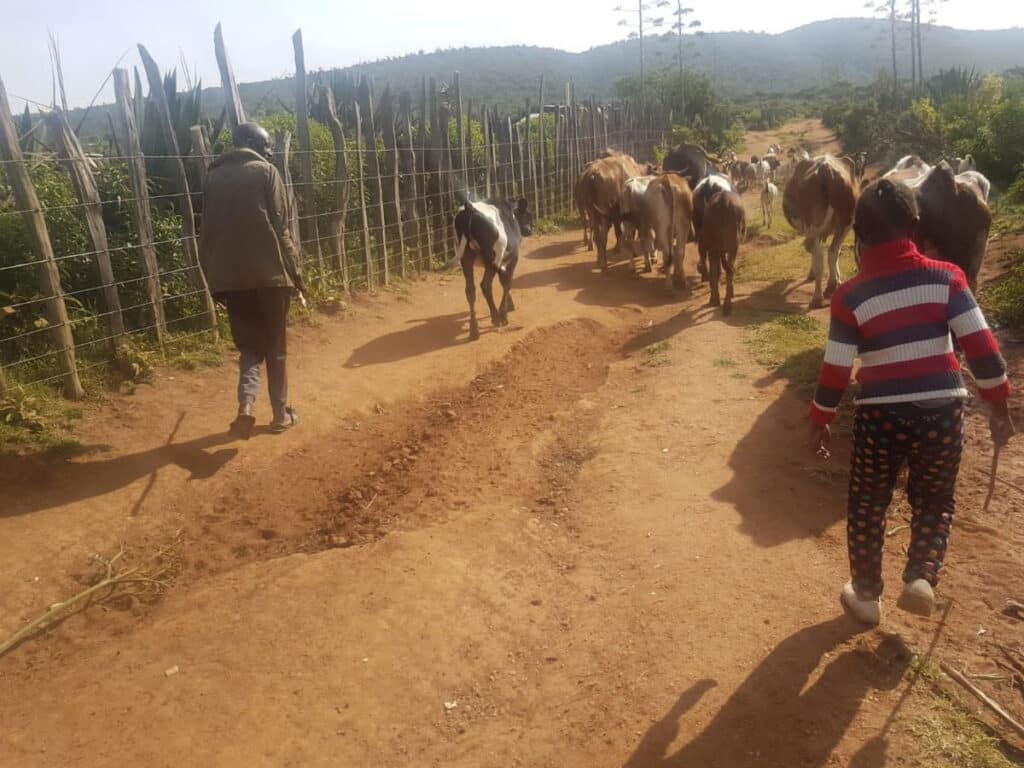
“I treat and monitor expectant mothers in Maasai villages spread over more than 100km. Some are so deep in the hills that I’ve shown a few of the villagers how to take a pulse, listen to a fetus heartbeat, count contractions then give me the information by phone so I can tell them if it’s time to begin their journey to the clinic to give birth.
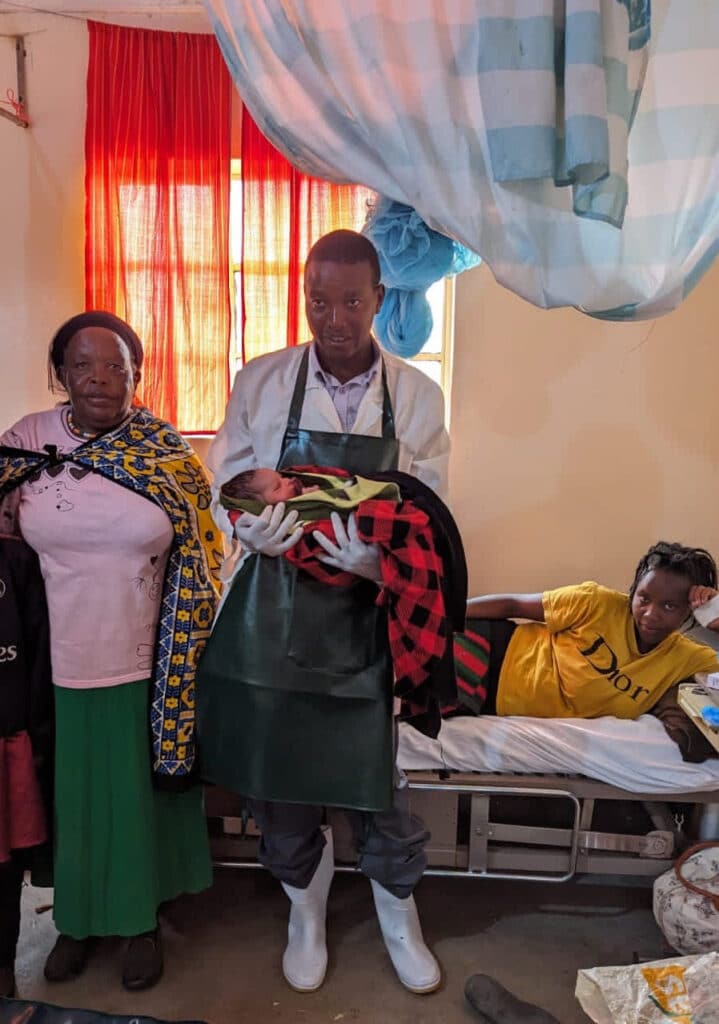
“From last month, we stopped counting at 37 births after 30 days because they just kept coming! We just entered the records in BandaGo and kept going! Each birth was a perfect delivery. We have not lost a single child or mother. We are so happy. The staff and all the villagers are so happy.
“Even when we feel exhausted by a few who are born after hours of labor and their counterparts then follow right on their heels, we’ve learnt to rush home to shower and change, then return to the clinic to help bring these little gifts into the world.”
Epilogue
While gathering this story, I suddenly lost all communication with Leonard. It was the day after he had spent an entire night in the clinic with a particularly difficult delivery. We had been texting back and forth throughout the night as he gave me updates and I cheered him on.
When he finally resurfaced I gobbled up his words like a thirsty antelope, and decided to share them with you.
“I got a really bad flu over the weekend after that night in maternity. I was in so much pain for 48 hours. It was pneumonia. The weather has been cold. But this is part of our job. I took medication and funny enough I was up in a very short time. I thank the Lord for healing. I was so happy to be back at work to help people again.”
In case you missed previous stories about Leonard, you can find them on our website: “A hero cannot exist in a vacuum,” “Spear guarded patients,” and “A Phone, a laptop and an old land rover.”
Glimpses into Maasai Life...
A Clinical Officer teaches Maasai Morans how to take a selfie

A Maasai Boma
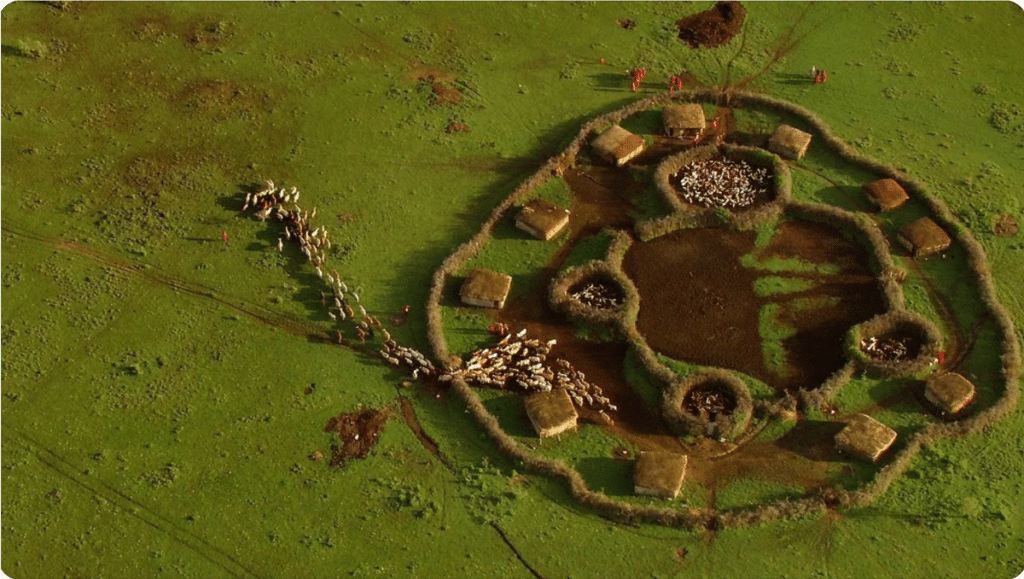
Why Banda builds technology solutions for clinics without doctors
Only two of the 86 clinics that Banda Health works with have a medical doctor. The rest are staffed by clinical officers and nurses who make all of the diagnoses, prescribe and carry out all of the treatments, and balance all of the books.
Kenya has a total of 189,932 health workers for its 55 million people. 25,000 of these are clinical officers and their clinics are a lifeline to 38.6% of some of the poorest people in the world. (Sources: Kenya Clinical Officers Association (KECOA) & World Bank using IHBS/SSAPOV/GMD).
They cannot afford medical doctors fees including the cost of travel to reach doctors found in hospitals in large towns. The small medical clinics owned and run by clinical officers like Lemontoi Leonard Loontaye provide life saving primary healthcare where nothing else exists.
We have designed BandaGo specifically as a clinical management system for small medical clinics to use 21st century technology to address barriers to accessing good healthcare for those who live in remote distant rural villages and in slums.
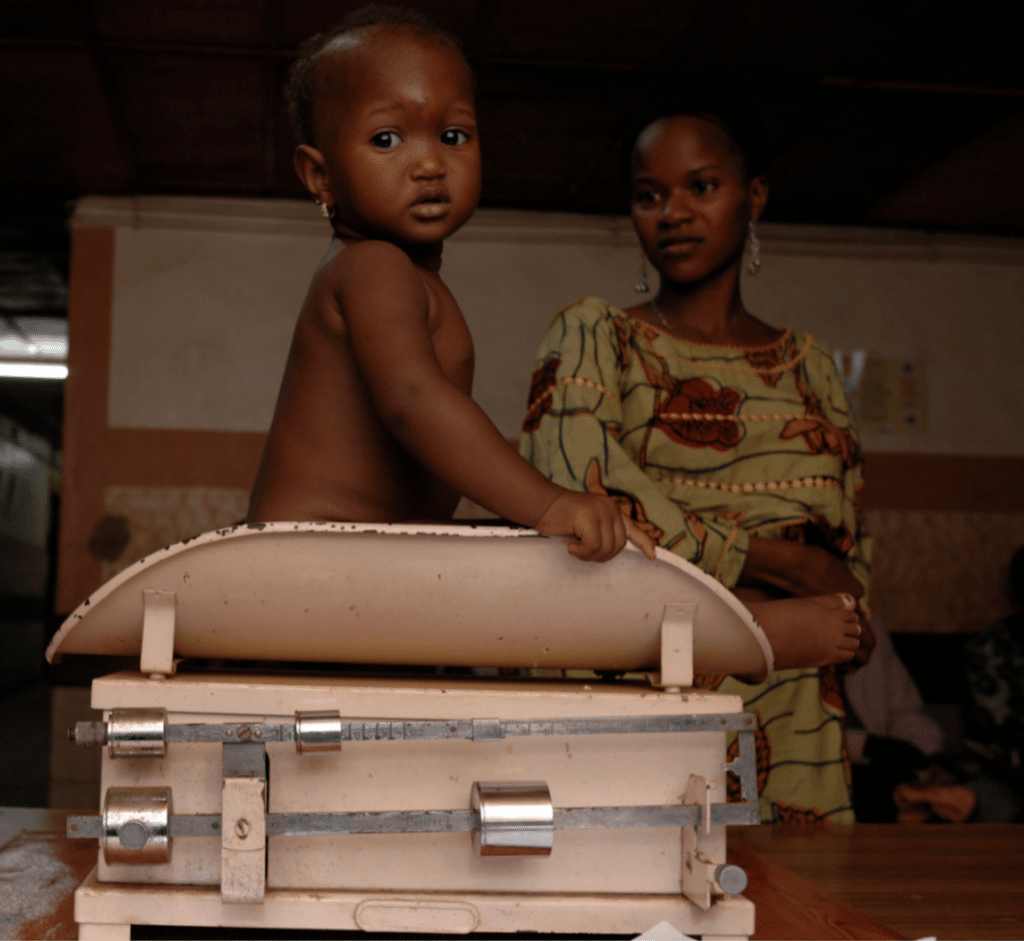
$5000 helps us improve BandaGo and get it into one more clinic!
Photo credits: Maasai warrior ©Ferdinand Reus, Maasai mothers ©Job Mukuria, Maasai woman ties shuka by ©Bradford Zak, Baby on scale ©Tdh/Sandro Mahler, Farm in Africa ©Reddit Pics, all other photos ©Banda Health.
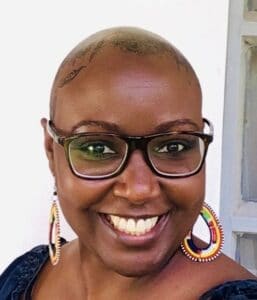
Kinya Kaunjuga
Kinya brings passion, an infectious laugh and 15 years of experience in the corporate and non-profit world to Banda Health. A Texas A&M alumni with a degree in Journalism and Economics, she says, "I love doing things that matter!"

